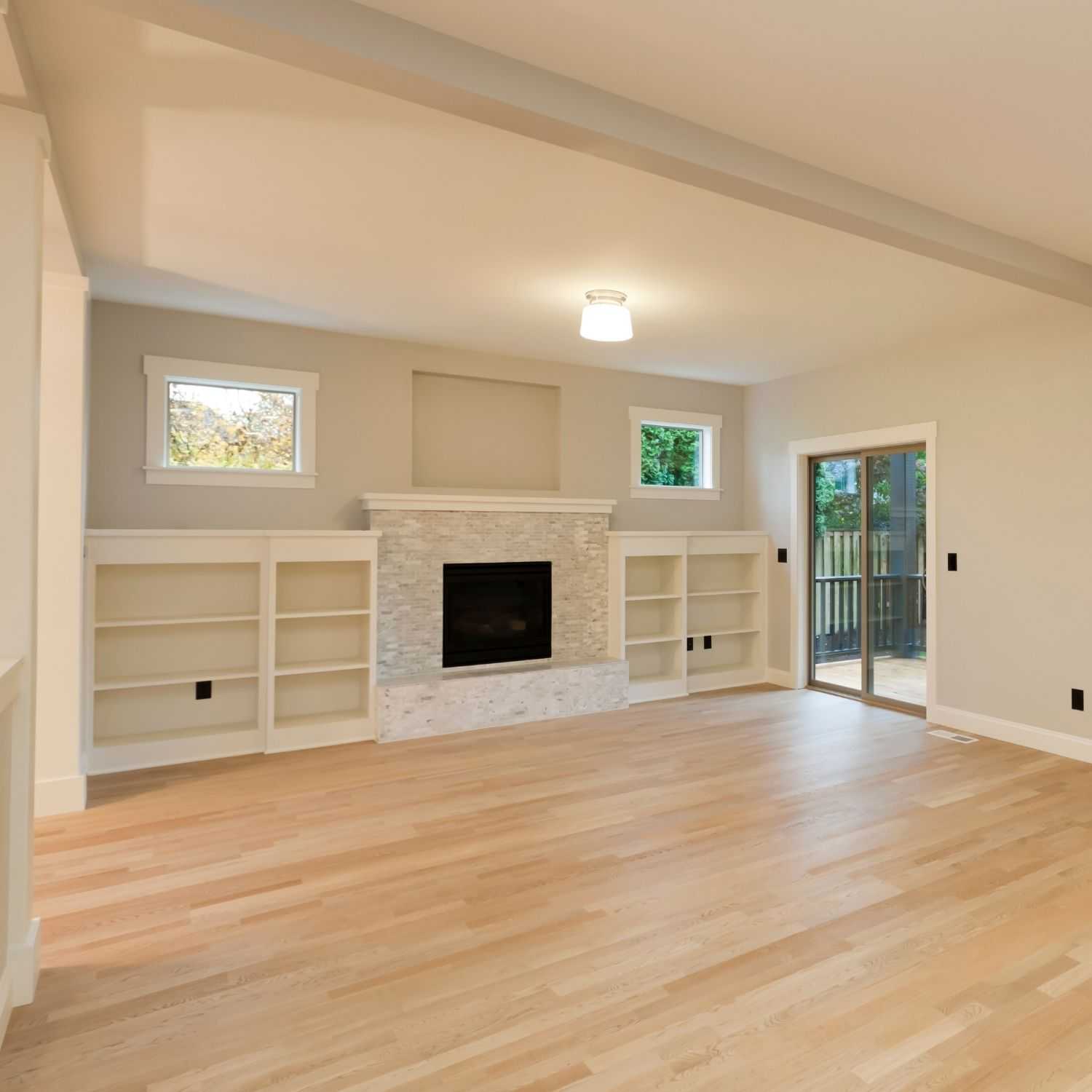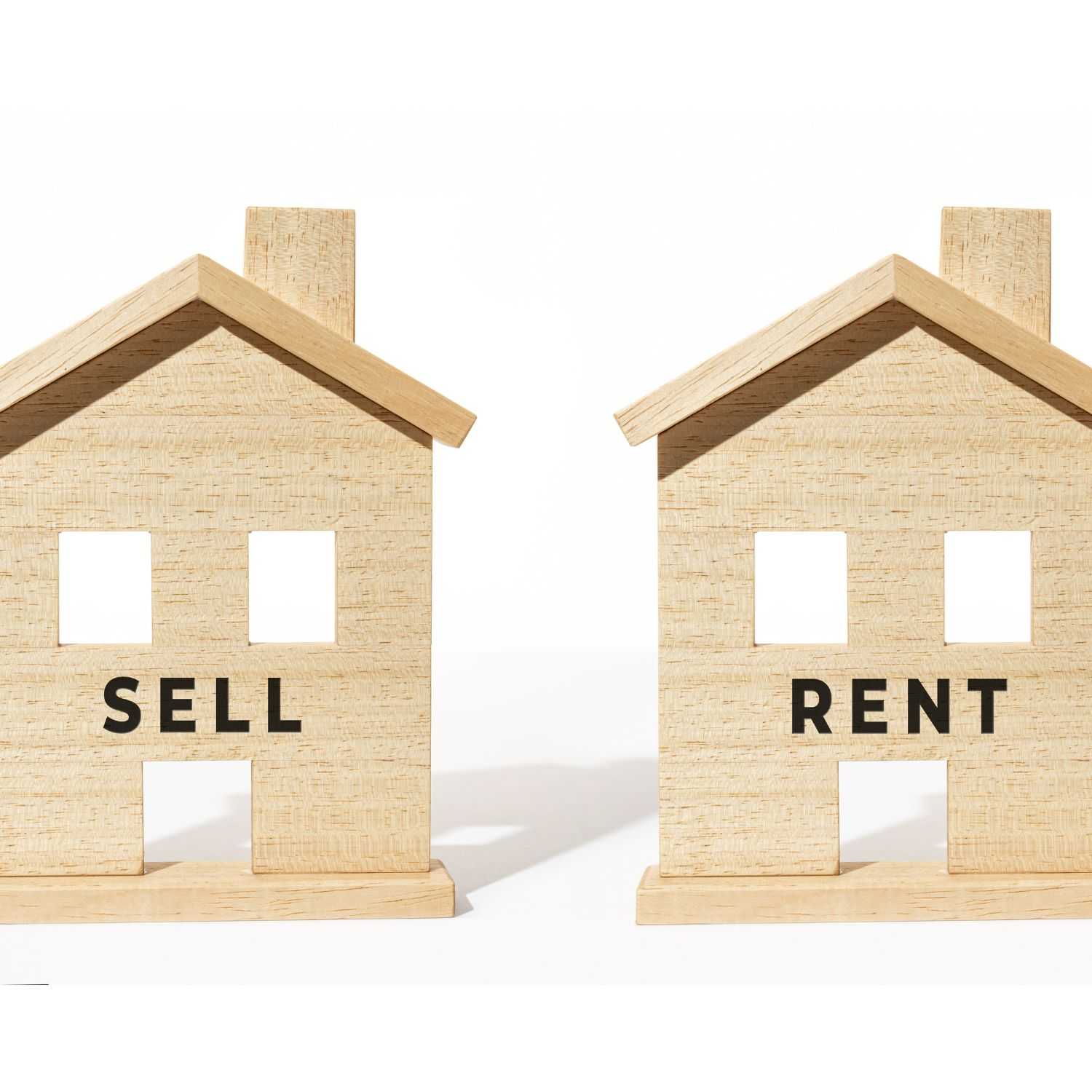Share post:
The Renters’ Rights Bill, introduced by the current Labour government in 2024, marks a new chapter in the UK’s efforts to create a fairer, more secure and transparent private rental sector. It builds on — and replaces — the earlier Renters (Reform) Bill, which was brought forward by the previous Conservative government in May 2023 but did not become law.
As a property owner, it’s important to understand this updated legislation to ensure your rental properties remain compliant under the new framework.
In this article, you’ll gain clarity on the Renters’ Rights Bill, how it differs from the former Renters (Reform) Bill, and what it means for your responsibilities as a landlord.
What Was the Renters (Reform) Bill?
The Renters (Reform) Bill was the Conservative government’s attempt to overhaul the private rental sector. Introduced in May 2023 after extensive consultation with landlord and tenant groups, it aimed to:
Abolish Section 21 “no-fault” evictions.
Move all tenancies to periodic agreements.
Establish a national landlord ombudsman and property portal.
Introduce basic Decent Homes Standards in private rentals.
Improve tenant rights around pet ownership and anti-discrimination.
Despite passing the Commons and progressing to the Lords, it stalled at the second reading due to the 2024 general election and was not passed into law.
What Is the Renters’ Rights Bill?
In September 2024, the newly elected Labour government introduced the Renters’ Rights Bill, which updates and expands on many of the proposals in the earlier bill. While the core reforms (like abolishing Section 21) remain, Labour’s bill introduces stronger tenant protections, stricter regulation, and clearer enforcement.
Here’s what the Renters’ Rights Bill includes:
Immediate end to Section 21 evictions across all tenancies.
Four-month notice periods for most landlord-initiated evictions.
Ban on rental bidding wars (tenants can’t be pressured to offer more than advertised rent).
A legal cap on advance rent payments (typically no more than one month).
Extension of Awaab’s Law (requiring urgent action on mould, damp, and safety risks).
A universal Decent Homes Standard applied to private rentals.
Enhanced powers for a national Private Rented Sector Ombudsman.
Stricter limits on rent increases via Section 13, with better tenant challenge mechanisms.
Expansion of local authority enforcement and greater transparency in compliance reporting.
What’s the Difference Between the Two Bills?
| Area | Renters (Reform) Bill (2023) | Renters’ Rights Bill (2024–25) |
|---|---|---|
| Evictions | Section 21 abolished in stages | Section 21 abolished immediately |
| Tenancy structure | Periodic tenancies only | Same |
| Notice periods | 2 months (tenants), varied for landlords | 2 months (tenants anytime); 4 months (landlords) |
| Rent increases | Tribunal challenge allowed | No bidding; stricter Section 13 compliance |
| Advance rent | No firm cap | Capped to 1 month |
| Decent Homes Standard | Planned for future rollout | Explicitly applied to private sector immediately |
| Enforcement | Ombudsman and portal |












